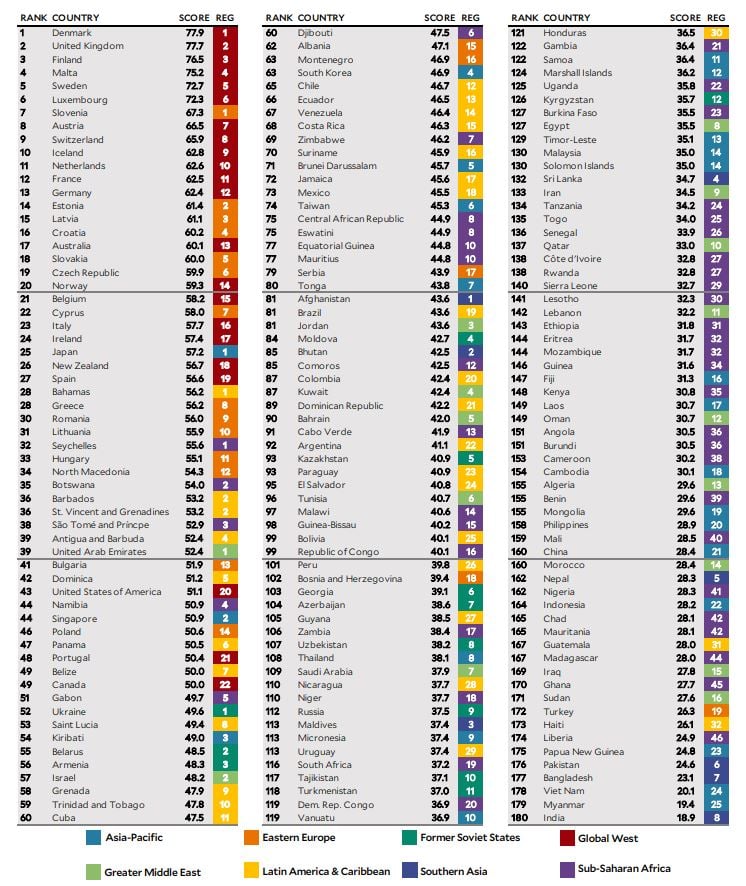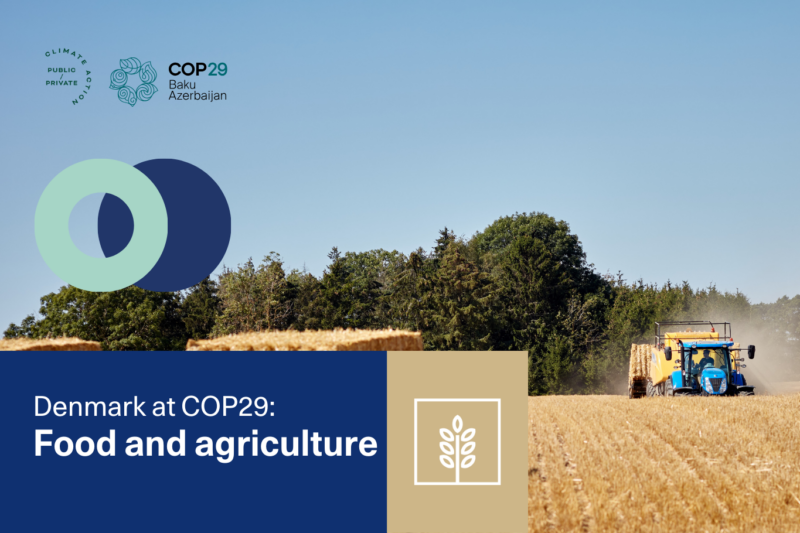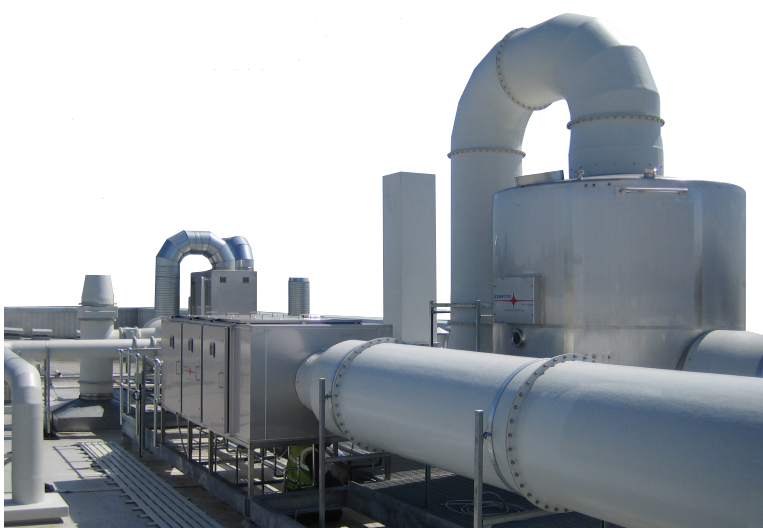Leaders and Laggards
High-scoring countries exhibit longstanding and continuing investments in policies that protect environmental health, preserve biodiversity and habitat, conserve natural resources, and decouple greenhouse gas emissions from economic growth. Denmark tops the 2022 rankings — an achievement rooted in strong performance across nearly all issues tracked by the EPI, with notable leadership in efforts to promote a clean energy future and sustainable agriculture. The United Kingdom and Finland place 2nd and 3rd, both earning high scores for slashing greenhouse gas emissions in recent years.
Lagging its peers, the United States places 20th out of 22 wealthy democracies in the Global West and 43rd overall. This relatively low ranking reflects the rollback of environmental protections during the Trump Administration. In particular, its withdrawal from the Paris Climate Agreement and weakened methane emissions rules meant the United States lost precious time to mitigate climate change while many of its peers in the developed world enacted policies to significantly reduce their greenhouse gas emissions.
Innovations in the EPI methodology continue to shed light on new environmental issues and identify worrying trends — especially as data coverage improves in the developing world. Based on the latest scientific insights and environmental data, India ranks at the bottom of all countries in the 2022 EPI, with low scores across a range of critical issues. Deteriorating air quality and rapidly rising greenhouse gas emissions pose especially urgent challenges.
Above sections are a snippet from the “Summary for Policymakers“.


















